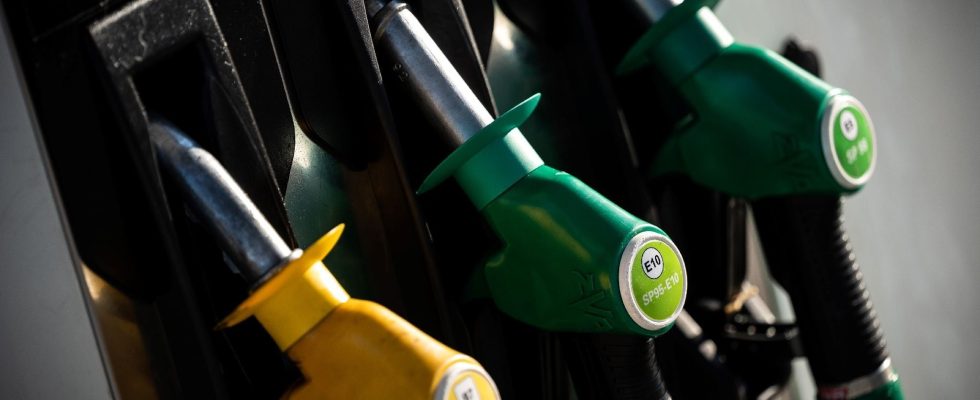This week, Thibault Marotte, from the Economy department of L’Express, explains to us what the brown tax loopholes are which could bring in at least 7 billion euros to the State.
FIND ALL THE EPISODES OF THE MAGNIFIER
Listen to this episode and subscribe to La Loupe on Apple Podcasts, Spotify, Deezer, Google Podcasts, Addict Podcast And Amazon Music.
The team: Charlotte Baris (presentation), Léa Bertrand (writing), Milena Rossi (editing) and Jules Krot (directing).
Credits: France Inter, RTL, Boursorama
Music and dressing: Emmanuel Herschon/Studio Torrent
Image credits: Lionel BONAVENTURE/AFP
Logo: Anne-Laure Chapelain/Benjamin Chazal
How to listen to a podcast? follow the leader.
Charlotte Baris: Brown tax loopholes. And when we talk about taxes, we often call on Thibault Marotte, journalist in the Economy department of L’Express. First Thibault, can you remind us what a tax loophole is?
Thibault Marotte: A tax loophole, very simply, is a tax advantage that allows a person, a company or a given sector to pay less taxes compared to other taxpayers.
Charlotte Baris: And so what is the particularity of a “brown” tax niche?
Thibault Marotte: It is a tax niche which concerns fossil fuels, therefore oil, gas, or even coal. Several sectors benefit from these brown tax loopholes. Construction, agriculture, transport… In construction, for example, companies are entitled to a reduced rate for non-road diesel used for construction machinery. A reduction in tax revenue estimated at 1.2 billion euros in 2023.
For further
Reducing the public deficit: why the government’s efforts risk being in vain
Public deficit: Bercy raises its forecast to 5.1% of GDP in 2024
10 billion in savings: details of budget cuts
Anger of farmers: “An exemption from the GNR tax would not be a good idea”
